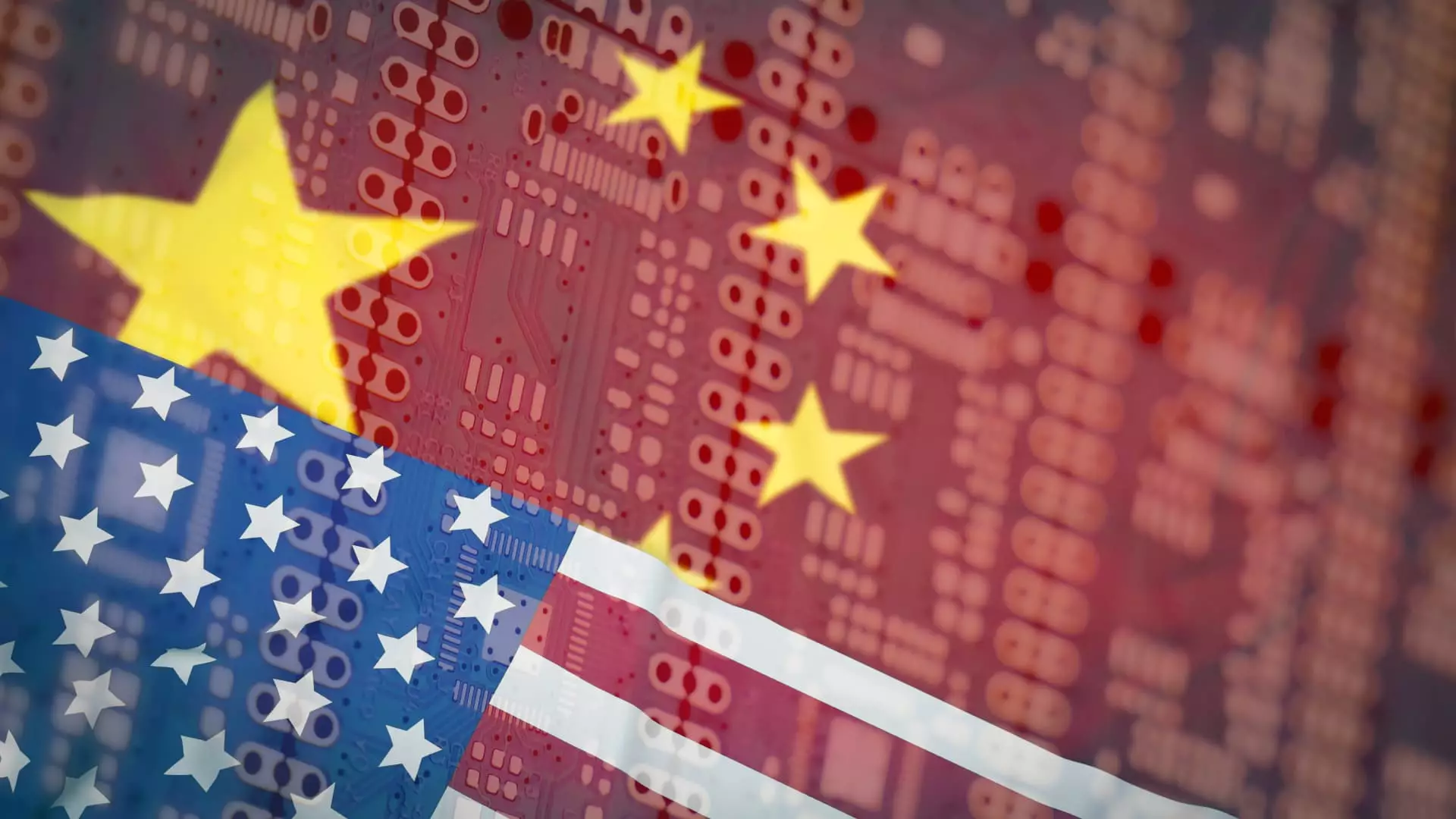While much of the global focus on generative artificial intelligence has centered around big U.S. companies such as OpenAI and Google, China’s tech giants have also made significant strides in this field. Over the past 18 months, companies like Alibaba, Tencent, Baidu, and Huawei have launched their own AI models, aiming to capitalize on the burgeoning technology. China’s vision to emerge as a global leader in AI not only demonstrates its technological prowess but also intensifies the technological rivalry with the U.S.
China, often perceived as playing catchup to the U.S. in the tech race, has accelerated its efforts in advancing generative AI applications. An example is Baidu, one of China’s leading internet companies, which introduced Ernie Bot, an AI chatbot that competes with OpenAI’s ChatGPT and boasts an impressive 300 million users. Baidu’s latest model, Ernie 4.0, is on par with OpenAI’s GPT-4, showcasing China’s commitment to technological innovation. These companies have to navigate Beijing’s stringent regulations regarding AI models and their applications, highlighting the careful approach required in releasing new technology.
Alibaba’s Breakthrough
Alibaba, a major player in China’s tech landscape, rolled out its foundational models known as Tongyi Qianwen, or Qwen, last year. These models serve different functions, from content creation to math problem-solving, demonstrating Alibaba’s versatility in AI development. Some versions of the Qwen models are open-sourced, allowing developers to freely utilize them within certain constraints. With over 90,000 enterprise users leveraging its Qwen models, Alibaba has successfully established itself in the AI domain.
Similarly, Tencent entered the AI arena with its foundational model Hunyuan, emphasizing its Chinese language processing capabilities and advanced logical reasoning. This model, accessible through Tencent’s cloud computing division, supports various functions such as image creation and text recognition. Tencent’s AI chatbot Yuanbao, based on the Hunyuan model, showcases the company’s commitment to enhancing user experiences across different industries, including gaming, social media, and e-commerce.
Huawei has adopted a unique strategy by focusing on industry-specific AI models under its Pangu series. These models cater to sectors like government, finance, manufacturing, mining, and meteorology, offering tailored solutions to diverse clientele. The Pangu Meteorology Model, for instance, can predict the path of a typhoon within seconds, revolutionizing forecasting capabilities. Huawei’s initiative to provide generative features, such as code generation and virtual avatars, underscores its commitment to delivering innovative AI solutions.
ByteDance’s Entry into the Fray
Despite entering the AI race later than its counterparts, ByteDance made a significant impact with its Doubao model. This AI model, priced competitively compared to other offerings, showcases capabilities in voice generation, code generation, and other advanced functions. ByteDance’s foray into the AI sector signifies its ambition to compete with established players like Baidu and Alibaba, introducing a new dimension to the Chinese AI landscape.
The emergence of Chinese generative AI models from companies like Baidu, Alibaba, Tencent, Huawei, and ByteDance reflects a paradigm shift in the global technological landscape. As China strives to assert its dominance in the AI domain, these advancements mark a significant step towards achieving technological superiority on a global scale. With innovation at the core of their strategies, Chinese tech giants are reshaping the future of artificial intelligence and redefining the boundaries of technological innovation.

